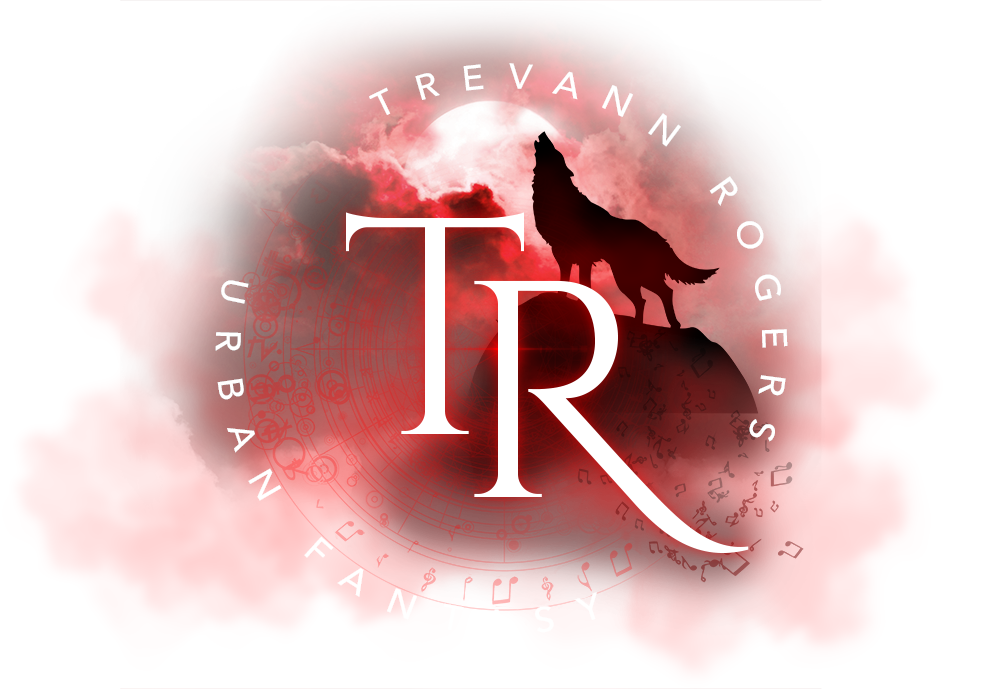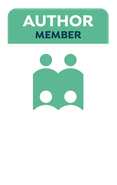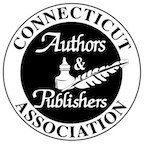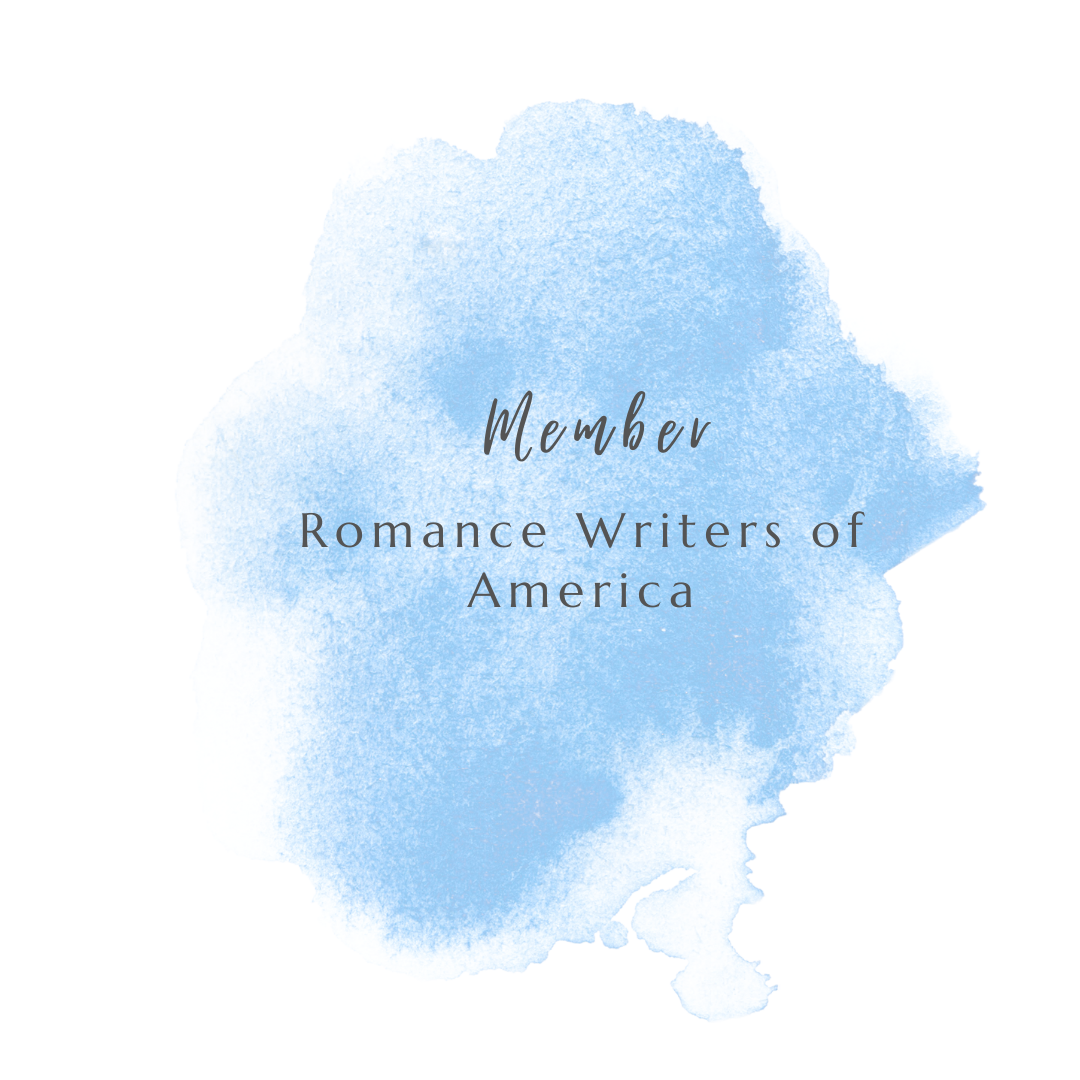 As a new, yet to be published writer, I was offered advice by dozens of well-meaning friends and experts. It takes a while to realize that advice, much like the food on a buffet, may be sumptuous and good for you, but not if you eat all of it. Rather, you should pick what appeals to you, the perfect morsels to make your story better.
Over the years I’ve been given all types of advice. The craziest is contradictory advice. One example is the age old problem of less sex/more sex. People are really adamant about this. Left to my own devices, I’m a “fade to black” kind of writer. In books I am reading, even when I find the story interesting I usually find the sex a distraction. I skip a lot of pages.
As a new, yet to be published writer, I was offered advice by dozens of well-meaning friends and experts. It takes a while to realize that advice, much like the food on a buffet, may be sumptuous and good for you, but not if you eat all of it. Rather, you should pick what appeals to you, the perfect morsels to make your story better.
Over the years I’ve been given all types of advice. The craziest is contradictory advice. One example is the age old problem of less sex/more sex. People are really adamant about this. Left to my own devices, I’m a “fade to black” kind of writer. In books I am reading, even when I find the story interesting I usually find the sex a distraction. I skip a lot of pages.
However, I think the worst advice I ever received was from a well meaning multi-published author who was leading a critique group. This was my first foray into a writing group and sharing my work with others. If I received this advice now, I would take it with a grain of salt. But at the time I was totally in awe of her.
She critiqued my first chapter and suggested—strongly—that I was writing from the wrong point of view. She gave a few examples of how it could be done to create a stronger story. I took it as gospel. I wasted a year trying to write the novel the way she’d insisted.
Eventually I realized that she was wrong. Her story was not my story. Her main character was not my main character. After developing more confidence, I went back to the original point of view and finished my book.
I have learned to evaluate advice I receive in light of my writing style and the tale I’m trying to tell. I’ve learned to ask myself a few questions before accepting or rejecting the advice outright. Does the advisor write well? Are they knowledgeable in my genre? Are they pushing their own agenda? Do they have my best interest at heart? While getting input from editors, writing partners and beta readers is crucial, today I’m more confident in saying yes or no to advice I receive.
I navigate buffets much better too.



